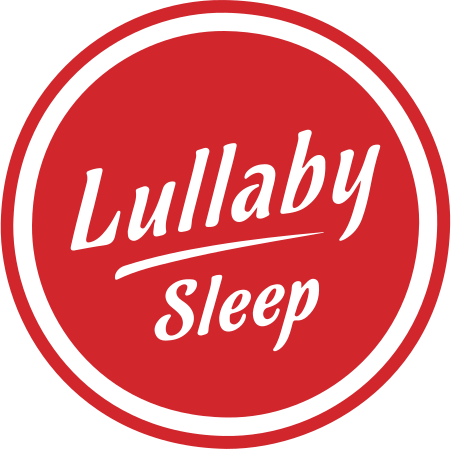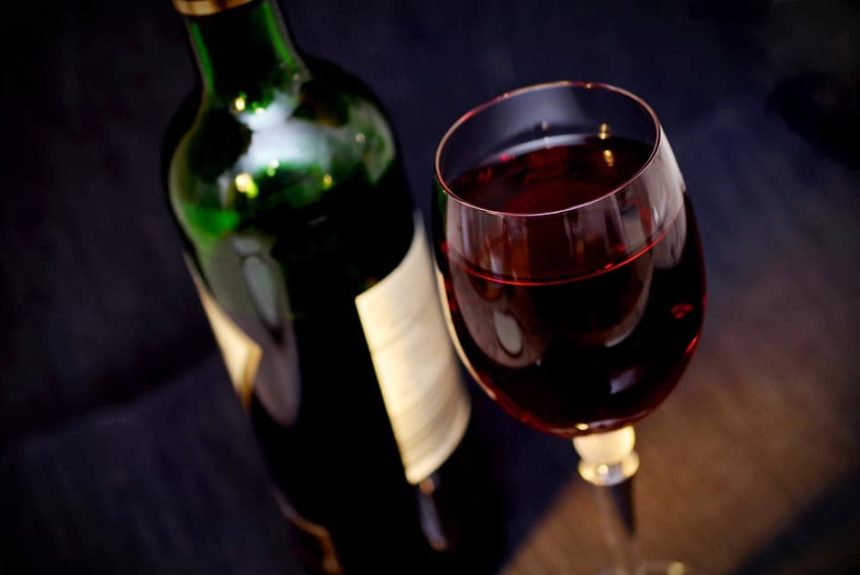Imagine this: a patient is experiencing sleep apnoea and snoring. His sleep quality is suffering and this is affecting his health to the point where he decides to go for a sleep test in a hospital facility. He is told to bring everything he needs to recreate a regular evening at home- pyjamas, snacks, laptop, anything he usually uses before bed. He arrives on the night of his sleep test with an entire carton of beer. When questioned about the beer, he explains that he usually drinks about a carton of beer before bed.
This is a true story and although it is an extreme example, it is not uncommon for people to drink relatively large amounts of alcohol in the evening without believing that this affects their sleep disorder in the slightest. While many people believe the relaxing effects of alcohol help them to sleep, physiologically this couldn’t be further from the truth, especially for those suffering from snoring or sleep apnoea.
Why is Alcohol Harmful to Sleep?
The main reason why alcohol is harmful to those suffering snoring and sleep apnoea is that it acts as a muscle relaxant. This means your tongue and the soft tissue at the back of your throat becomes loose and relaxed and is drawn towards the back of your throat, blocking your airways. Your windpipe is also more prone to collapse, which makes you more likely to stop breathing or to have disturbed breathing. This is very serious for people suffering sleep apnoea, but can also be problematic for people who do not usually suffer from a sleep disorder. It is quite common for people who do not usually snore, or usually snore only mildly to snore quite severely after drinking alcohol. Being inebriated can also impact on sleep position, causing people to sleep on their back which also worsens breathing.
How Does Disturbed Breathing Affect Sleep?
Our bodies have 4 stages of sleep which make up a single sleep cycle and the body likes to go through this cycle multiple times per night. A single cycle takes an average of 90 – 110 minutes to complete. If the body is disturbed in any way (for example, a pause in breathing), this interrupts the cycle, which then needs to be restarted. Therefore, disturbances in breathing prevent the body from completing the sleep cycle, meaning the body is not getting the sleep it needs. This means that even if you are not conscious of having disturbed breathing, the pauses will reduce your sleep quality, leaving you feeling less well rested when you wake up.
So When Is It OK To Drink Alcohol?
The alcohol you drink before or during lunch will not affect your sleep. Sure, it probably isn’t convenient or socially acceptable to drink your 4 glasses of wine before or during lunch, but sleep-wise this is the best option if you are planning to drink that much.
If you are going to drink in the evening, reducing the quantity as much as possible will help with the quality of your sleep. Dr Levi often jokes to his patients that if they currently drinking 4 glasses of $20 wine, they should increase the quality and decrease the quantity by truly savouring two glasses of $40 wine instead.
If you want to address your sleep problems, book your free consultation with Dr Levi here or contact us for any inquiries or questions you may have.

